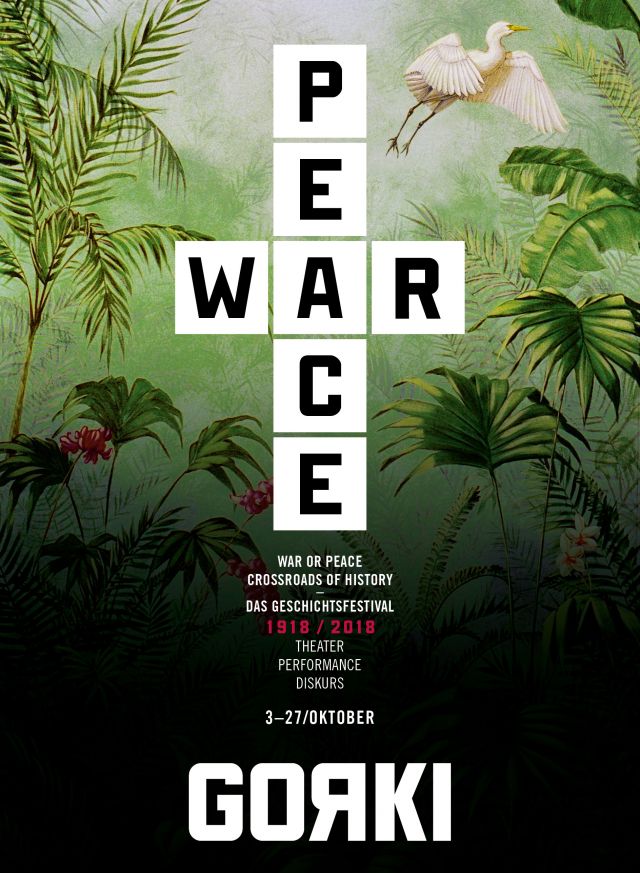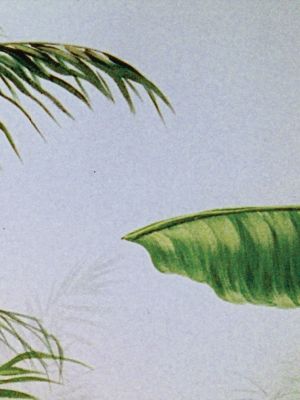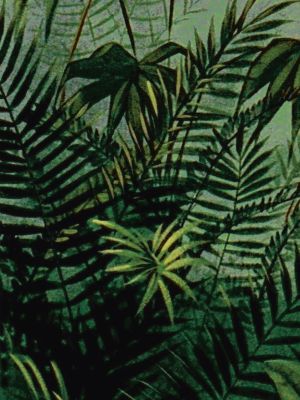
War or Peace

Theatre| Performance | Discourse | Film
»The whole earth trembles...«
»The whole earth trembles. All continents are riven by the same crisis. There is not a single part of the planet...which is not shaken by the cyclone. In old Europe, men disappear, systems break, institutions collapse«.
Benito Mussolini
It is part of history’s irony that one of the founding fathers of fascism described the global extent of the First World War so precisely after the end of the war. When the First World War officially ended, centuries-old empires disappeared from the map, the German Empire had to relinquish its colonies and was converted to the Weimar Republic after the November Revolution of 1918. In 1918, with the global expansion of the Russian Revolution, the ideological triad of the century— Communism, Fascism, and Liberal Democracy— evolved. These ideologies had been then translated into nationalism and the concept of the nation state. How are these pale fragments of history still relevant to our present?
100 years after the end of the First World War, the War or Peace – Crossroads Of History 1918/2018 Festival – featuring theatre-makers from Germany, Georgia, Singapore, Tansania, Croatia, France, Slovenia, Argentina, Turkey, Bulgaria, Greece, Switzerland, Israel, Ukraine, Iran and Kurdistan – questions the global archaeology and heritage of this conflict: who can still speak of peace today? Read on
Campus: Ein Projekt der Bundeszentrale für politische Bildung mit Unterstützung des Maxim Gorki Theaters, gefördert vom Auswärtigen Amt der Bundesrepublik Deutschland | Künstlerisches Programm: eine Kooperation des Maxim Gorki Theaters und der Kulturstiftung des Bundes, unterstützt von der Bundeszentrale für politische Bildung und dem Auswärtigen Amt der Bundesrepublik Deutschland | Weitere Förderer und Partner: Literarisches Colloquium Berlin, Robert Bosch Stiftung











